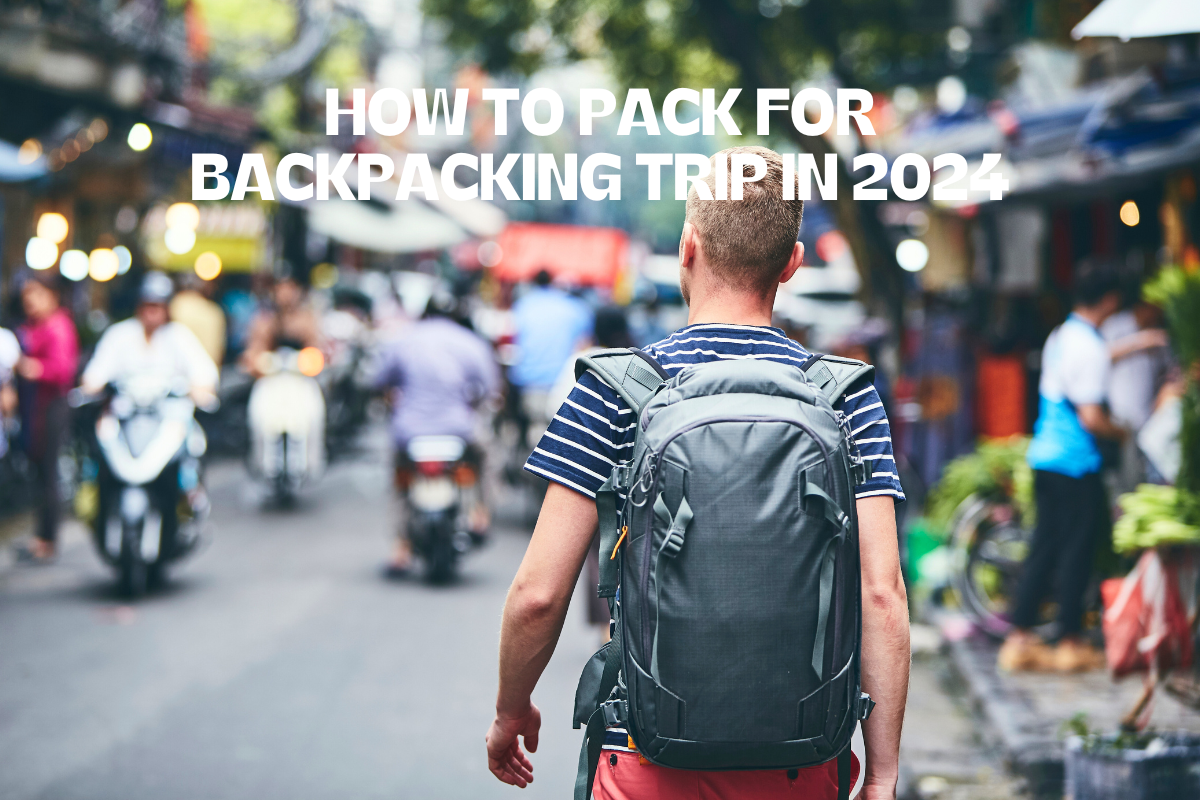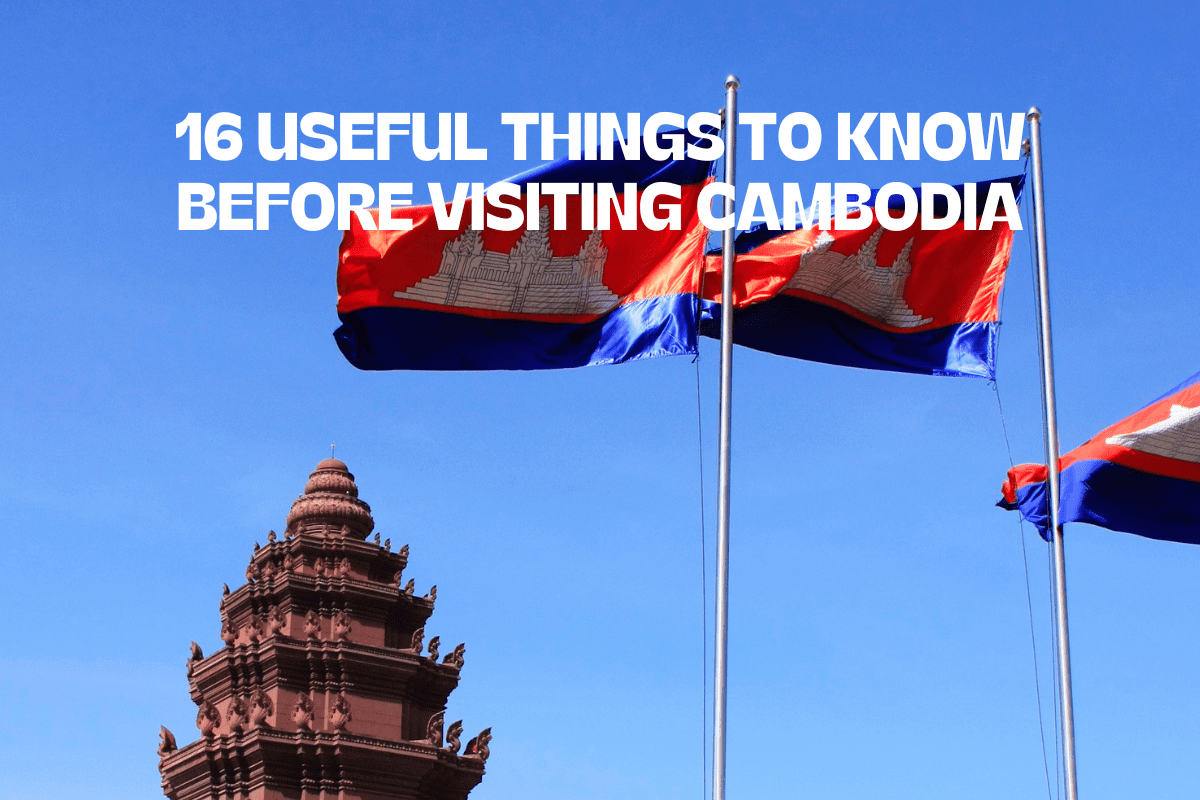
Heading to Thailand soon? Whether you’re exploring the bustling streets of Bangkok, the chilled-out vibes of Phuket, or any of the beautiful islands, picking up a few basic Thai phrases can make a huge difference to your experience. Sure, English is widely spoken in tourist hotspots, but knowing how to greet locals in their language shows respect for the culture and can lead to more meaningful interactions. Plus, it’s a fun way to break the ice!
Politeness Matters: Ending Your Sentences with ‘Ka’ or ‘Khap’
One of the first things to learn when speaking Thai is how to make your sentences polite. Women should end their sentences with ‘ka’, while men use ‘khap’. For men, you might also hear ‘khrap’, though in casual conversation, it’s often shortened to ‘khap’. While there is a Thai word for ‘please’ (karunaa), it’s not commonly used like in English. Instead, the polite particles ‘khap’ and ‘ka’ are added to keep the tone respectful.
Transliteration Can Vary
Thai is a tonal language, and you’ll notice that some words are written in English in different ways. For instance, the Thai word for hello might be written as sawatdee, sawasdee, or even sa-wa-dee. Don’t worry too much about the variations—you’ll get the hang of it!
Now that you know a bit about politeness, let’s jump into some essential Thai phrases that will help you navigate your trip like a pro.
Basic Thai Greetings and Polite Phrases

Khop khun [kop-koon] – Thank you
An easy phrase to learn, and it goes a long way in showing appreciation. If you’re female, don’t forget to say Khop khun ka, and if you’re male, it’s Khop khun khap.
Sawatdee [sa-wa-dee] – Hello/Goodbye
This versatile phrase can be used to say both hello and goodbye. Just remember to add ka or khap at the end, depending on your gender.
Sabai dee mai? [sa-bai dee mai?] – How are you?
Want to ask someone how they are? This phrase is perfect, and you’ll often hear the response Sabai dee, meaning “I’m fine.”
Yindee thii dai ruujak [yin-dee tee die roo-jak] – Pleased to meet you
This is a great phrase for making new friends in Thailand. It’s formal but friendly, perfect for introducing yourself to locals.
Mai pen rai [my pen rye] – No problem/It’s nothing
You’ll hear this a lot in Thailand. It’s a go-to phrase for when things don’t go as planned. Whether you’re dealing with a small issue or just want to reassure someone, Mai pen rai is the perfect response.
Khaw thawt [cow-tawt] – Excuse me/Sorry
This phrase is essential for polite conversation. Whether you’re trying to get someone’s attention or apologizing, Khaw thawt is a must-know.
Traveling Around: Useful Thai Phrases for Directions

Hong nam yuu thi nai? [hong nam yoo tee nai?] – Where is the toilet?
This is probably one of the first things you’ll need to ask after a long flight! You’ll find Hong nam (toilet) a helpful phrase wherever you are.
Khao jai [cow-jai] – Understand
If you’re trying to understand instructions or explanations, Khao jai means “I understand.” On the flip side, if you’re confused, say Mai khao jai to indicate that you don’t understand.
Ordering Food & Drinks in Thai

Thailand is famous for its incredible food, and these phrases will help you order like a local.
Kin khao reu yang? [kin cow roo yang?] – Have you eaten yet?
In Thai culture, this is often used as a greeting, similar to asking “How are you?” So if a local asks you this, it’s not necessarily about food!
Aroy [ah-roy] – Delicious
If you’re enjoying your meal (and you will!), compliment the chef by saying Aroy. If it’s exceptionally tasty, go for Aroy mak, which means “very delicious.”
Mai phet [my pet] – Not spicy
Thai food is famous for its spiciness, so if you can’t handle the heat, remember this phrase! Phet nit noy is useful if you can tolerate just a little spice.
Khop khun khap/ka – Thank you
When your meal is over, be sure to thank your server with this polite phrase.
Shopping in Thailand: Phrases for the Market

Shopping in Thailand, especially in local markets, is a fun experience. But knowing how to haggle is key!
Tao rai? [tao-rye?] – How much?
When shopping, you’ll need this phrase to ask how much something costs.
Lot noy dai mai? [lot noy die my?] – Can you lower the price?
Haggling is expected in many markets, and this phrase will help you get a better deal. Just remember to smile!
Lawng sai dai mai? [long sigh die my?] – Can I try it on?
Shopping for clothes? Use this phrase to ask if you can try on an item.
Counting in Thai
Knowing how to count will help you with prices, directions, and more. Here are the numbers from 0 to 10:
- Neung – 1
- Sawng – 2
- Saam – 3
- Sii – 4
- Haa – 5
- Hok – 6
- Jet – 7
- Paet – 8
- Gao – 9
- Sip – 10
These numbers will be especially handy when you’re asking for prices at the market or understanding addresses.
Additional Tips for Eating Out in Thailand
Check bin [check-bin] – Can I have the bill?
After enjoying your meal, ask for the bill by saying Check bin or Kep tang.
Sen yai [sen-yai] – Big/Wide noodles / Sen lek [sen-lek] – Small/Thin noodles
If you’re ordering noodle dishes, these phrases will help you choose the size of your noodles.
Friendly Thai Phrases to Build Connections
Want to make friends with locals? Here are a few phrases to help you start a conversation:
Khun cheu arai? [koon choo a-rye?] – What is your name?
This is an easy way to break the ice and introduce yourself to new people.
Phom cheu ____ (male) / Dichan cheu ____ (female) – My name is ____
Once you’ve asked someone their name, you can use this phrase to introduce yourself.
Sanuk [sa-nook] – Fun
Thai people love fun, and Sanuk is a word you’ll hear often. Whether you’re talking about an activity or a place, saying Sanuk means it’s enjoyable.
Sabai sabai [sa-bye sa-bye] – Very comfortable/Relaxed
This phrase perfectly sums up the laid-back vibe of Thailand. When you’re relaxed and enjoying yourself, just say Sabai sabai.
Conclusion
Learning a few basic Thai phrases before your trip will make your experience in Thailand smoother and more enjoyable. Whether you’re shopping at local markets, navigating the streets, or enjoying delicious street food, a little effort goes a long way. Plus, the locals will appreciate your willingness to speak their language, even if it’s just a few words.
So, don’t be shy! Practice these phrases, add a polite ‘ka’ or ‘khap’, and embrace the rich culture that Thailand has to offer.
Read Also:
A Day in Bangkok From a Local Update 2024 (No temples!)
Quick Guide to Budget Travel in Bangkok
9 Awesome and Free Things to Do in Bangkok
10 Best Authentic Thai Restaurants In Banthat Thong Road (Update 2024)


